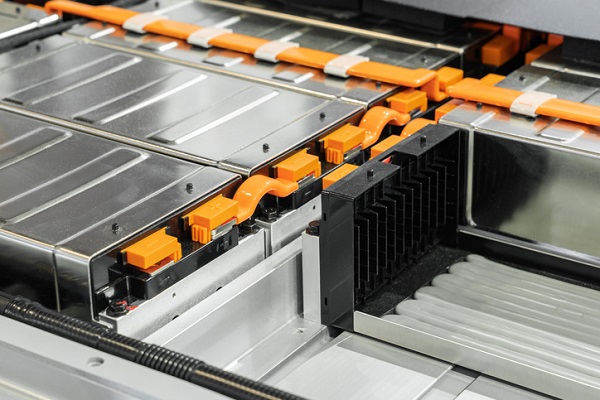Li-S Energy, Deakin develop revolutionary new lithium sulphur battery
PPK Group has announced that its 48% owned subsidiary, Li-S Energy, alongside Deakin University, has developed new lithium sulphur battery making use of Boron Nitride Nanotubes (BNNT) technology.
It demonstrates how the cutting-edge BNNT material demonstrates its commercial promise.
ADVERTISEMENT
Historically BNNT could only be produced in very small quantities, inhibiting the commercial applications for this ‘super material’ despite its unique properties. BNNT Technology is using patented Deakin technology to help solve this problem. It has recently achieved a major breakthrough by demonstrating production of 1kg of BNNT over a five-day period from a single production module.
The development of the innovative new lithium sulphur battery is exciting as a key component of the breakthrough is the use of BNNT in the battery. The improving ability to produce BNNT in more useful quantities at declining unit cost further enhances the commerciality of Li-S Energy Ltd.’s lithium sulphur battery breakthrough.
“For me personally, this is a really exciting moment for PPK. What we see here is a real-life tangible application of BNNT to facilitate a genuine technological breakthrough with global commercial potential,” PPK executive chairman Robin Levison says.
“This new type of lithium sulphur battery demonstrates how the unique attributes of this truly amazing product can be realised in practice.”
Lithium Sulphur (Li-S) batteries are considered next-generation batteries with a significantly higher energy capacity than existing lithium-ion batteries. However, to date, they have a severe limitation with lifetime performance, typically degrading to the point of failure over very few charge and discharge cycles.
Li-S Energy intends to optimise the design, then scale up the production of the new batteries over the coming years, for which there are almost unlimited potential uses – including the possibility of an electric car that needs charging only every 1,000km, a phone with a one-week battery life, off-grid solar/battery street-lighting and drones with several hours of flight time.
-
ADVERTISEMENT
-
ADVERTISEMENT


